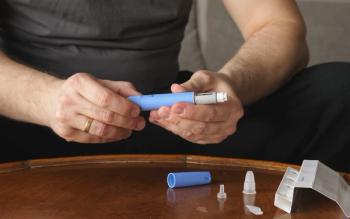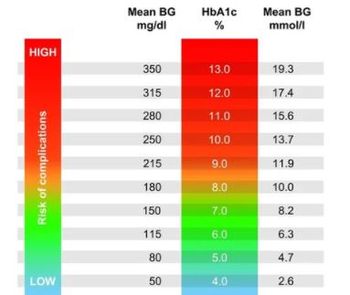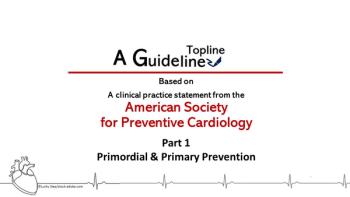
Maternal mortality nearly doubled between 2018 and 2022 in the US. The Commonwealth Fund ranks states on how well they care for women.

Maternal mortality nearly doubled between 2018 and 2022 in the US. The Commonwealth Fund ranks states on how well they care for women.

Lack of dosing experience and errors with converting measurement units may lead to overdosing, the agency reported.

Your daily dose of the clinical news you may have missed.

A blood test had a diagnostic accuracy of 91% compared with 61% accuracy by primary care clinicians and 73% by dementia specialists, according to new research.

Your daily dose of the clinical news you may have missed.

PK data from a self-administration study are comparable to those seen following administration by a clinician and Tmax equal at 15 minutes.

Femlyv (norethindrone acetate and ethinyl estradiol) may expand access to contraception as an option for individuals with swallowing difficulties.

Hypoglycemia unawareness increased over time with use of sulfonylureas but decreased with use of insulin over the same period, a new study found.

The rate of ME/CFS was similar (3% to 4%) at 3 through 12 months for study participants who tested positive and negative for COVID-19.

Based on guidance from the American Society of Preventive Cardiology, this topline summarizes risk factors and interventions to reduce the risk of major adverse CV events.

Providing postpartum scheduling support increased the odds of a primary care visit within 4 months of childbirth among women with chronic disease and improved monitoring.

The significant rise in new GLP-1 RA prescriptions between 2011 and 2023 saw a doubling in the proportion written for obesity and a decline in those for T2D.

Click through this topline on primordial and primary CVD prevention based on the American Society of Preventive Cardiology's clinical practice statement.

Limiting screen media use to 30 minutes per day or less for all family members improved mental health measures among youth aged 4 to 17 years in this randomized trial.

Participants with AF who used wearable devices reported higher anxiety levels and increased health care usage than nonusers, according to a new study.

Your daily dose of the clinical news you may have missed.

Adherence to Mediterranean diet-based interventions was associated with reductions in BP, triglycerides, total cholesterol, and LDL-C, as well as increases in HDL-C among children and adolescents.

Among GPs, IMs, FPs, the primary reason for reluctance to treat addiction is lack of support in the "institutional environment," followed by concerns over personal skills.

Hypertension interventions led by pharmacists and community health workers were more successful in lowering BP than those led by nurses and physicians.

Find key results from a new survey examining Americans' attitudes, beliefs, and knowledge about opioid use disorder treatment in primary care, here.